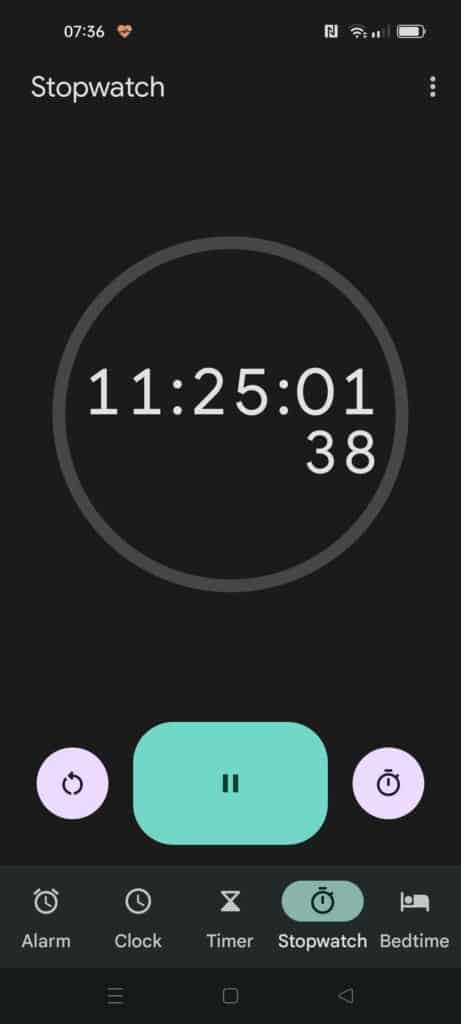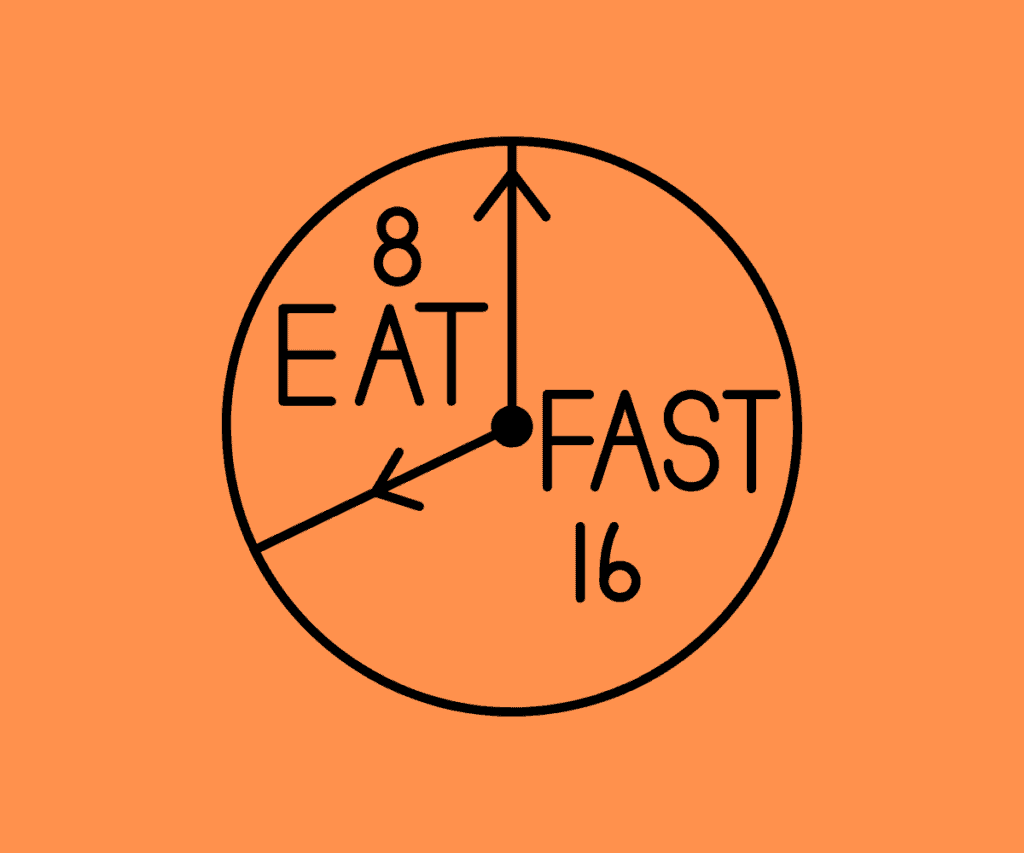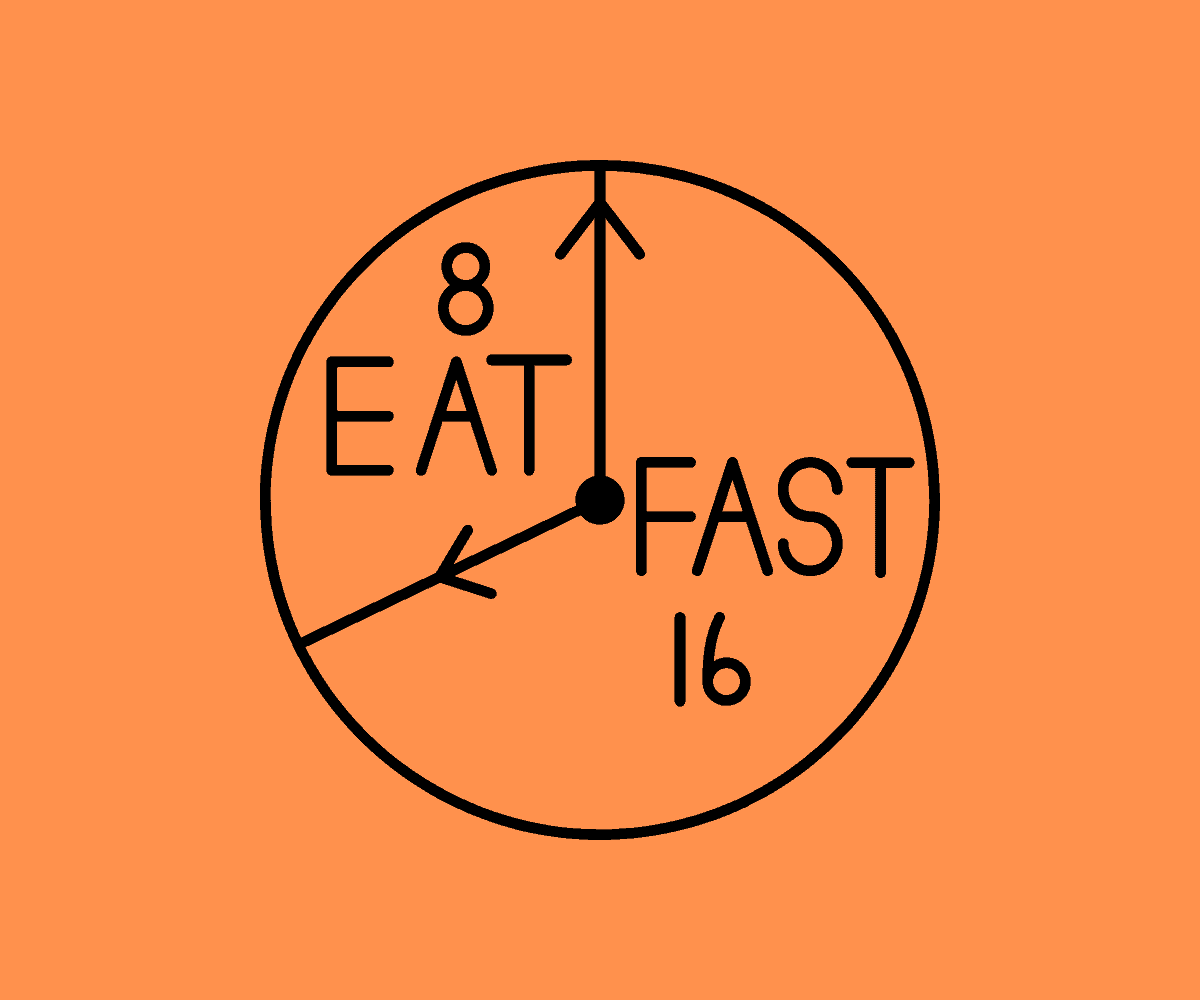If you want to get into fasting – or intermittent fasting – it’s pretty simple. Most turn to their phones, however, for more information and guidance. And this is where we run into problems with paid fasting apps
People have been fasting for thousands of years. The earliest record of fasting dates back to the 5th century BCE when Greek physician Hippocrates began advocating that his patients abstain from food or drink, save for water, to help them recover from certain illnesses. In India and many other Eastern cultures, fasting has been used in conjunction with yoga and meditation for millennia.
Basically, fasting is nothing new. Humans have been doing it since before the Bible was written. What is new, however, is the mobile phone, apps, and the developers that create them in order to make a fast buck. If you’re interested in reaping some of the health benefits of fasting (more on this in a bit), you’ve probably come across some of these paid fasting apps for Android and iPhone.
Do You Need A Fasting App?
Earlier this year, I was looking for a simple app that I could use to log my intermittent fasting. I wanted something that I could just open, hit a button, and then leave it running until the next time I decided to ate. Simple, right? All I needed was an accurate measure of how long I hadn’t ingested food. That’s it. Given the scope and breadth of the Play Store, you’d think there would have been plenty of options, right?
Wrong. I spent a good 15 minutes scouring the Play Store to no avail. I found apps with relatively good reviews – 4.5 stars out of 5 – and checked each one out individually. They were all the same business model: sign up, subscribe with a monthly fee, and you get access to the fasting app. My only question: why do I need to pay for this?
After more than 30 minutes of looking at these apps, my idle brain threw up an idea: you DON’T need any of these apps, you idiot! Your phone has a perfectly good timer that’ll run in the background, not use any battery, and keep a perfectly accurate log of how long you’ve been fasting for – use that instead!
And that’s exactly what I did, and have proceeded to do for the last several months.

What’s most startling about ALL of this is that someone – well, a few companies actually – have figured out how to monetize NOT consuming food. I mean, if anything was going to SAVE you some money, you’d think it’d be fasting, right? But, no, some tech companies – in their infinite wisdom – have finagled a way to monetize fasting, the oldest form of asceticism known to man. Hippocrates would be spinning in his grave.
What Are You Paying For Anyway?
As with most things, these paid fasting apps are designed to make fasting easier. God forbid you’d experience the slightest bit of discomfort. They feature things like fasting plans, timers for starting and ending your fast, weight trackers, and “science-based tips” for fasting. They don’t do your taxes, sadly, and none of them have anything you cannot get for free elsewhere.
The idea here is simple: take something that has recently become popular, create an app focussed on said topic, and then market it to people that don’t know anything about the subject. This is the perfect model for an app: you provide free, readily available information, a timer, and some nicely designed UX features and charge a monthly fee for it. Call it a noob tax.
Or, you could read a few books on fasting, or listen to them on Audible, then download MyFitnessPal, and use your phone’s Clock app to log the duration of your fasts. That’s what I do. It’s free, it doesn’t cost any money, and it works just as well as any paid fasting app. All you need to do to lose weight is be in a calorie deficit, not too extreme though, and your body will be forced to tap into its stored energy (your body fat) to fill the void. Simple, right?
Fasting Is Simple. Don’t Overthink It…
By skipping breakfast and having your first meal around 2 pm, as I do, you’re essentially doing an 18 hour fast every day – and you spend the vast majority of it asleep which makes it way easier to do. For instance, I’ll wake most days at 6 am, and then I won’t eat until 2 pm – sometimes 1 pm, if I’m feeling hungry or have been for a run. I’ll eat my dinner before 7 pm and then the fasting starts again. See how simple that is?

You don’t even really need a timer. You can just skip breakfast, eat lunch at 2 pm, then dinner at 6 pm or 7 pm, and the fast again until 2 pm the next day. Do this and you’ll be logging 18-hour fasts every day, reaping the benefits of intermittent fasting. Why use MyFitnessPal? To ensure you’re eating enough food. You need adequate amounts of protein and fat in your diet. I usually aim for anywhere between 1800 and 2200, depending on how much I’m working out.
And if you do this consistently for days and weeks, you will lose body fat. It might be quick at first, then taper off. Or it might just be a consistent 2 or 3 pounds a week. Everybody is different. My advice, give it a whirl for two weeks, take some measurements, and see how you did. If you have a lot of weight to lose, you could lose plenty of body fat during this period.
Is A Paid Fasting App Worth It?
If you’re brand new to fasting, have no idea how it works, and you do not want to do your own research online for free, then, sure, a paid fasting app kind of makes sense. Personally, I’d argue that you’d be infinitely better off reading a couple of books and using your phone’s timer to log the duration of your fast. Why pay for something when you can do it for free?
I can’t be too harsh on these app companies for trying to make a buck, though. No one is forcing people to subscribe to these apps. This isn’t a case of tech companies being unscrupulous, it’s more a case of people being either lazy and/or too reliant on their phones for everything. Fasting, at its core, is one of the simplest things you can do: just don’t eat for a prolonged period of time – it could be 12 hours, 16 hours, 18 hours, 24 hours, or even 72 hours.
You can drink water and tea and black coffee, but you cannot ingest ANYTHING that has calories. That means milk, soft drinks, Coke, Red Bull, Monster, or whatever else you might think is OK. All you can ingest is water, tea, and black coffee. Maybe Coke Zero. Personally, I don’t touch any of that stuff – it’s chuck-full or nasty chemicals and sweeteners that have been shown to mess with your overall health and well-being.
Is Fasting Worth It?
If you’re overweight or want to be healthier, then, yes, fasting is a great way to quickly improve your overall health markers. This isn’t me just saying so, either; there is now decades’ worth of scientific data to back up the rather miraculous benefits of fasting and intermittent fasting.
I’d love to regale you with ALL the benefits of fasting but, because this is a tech site and I am a tech journalist, Google wouldn’t like that (I’m not a health expert, you see. And The Big G knows that). And you probably wouldn’t listen anyway, so, instead, here’s a quick overview of the main benefits of fasting via the BBC.
Supports blood sugar management – Several studies support the use of fasting as a means of improving blood sugar control and potentially reducing the risk of diabetes, although gender may play a part and more studies are needed.
May help disease prevention – Lightening your normal eating pattern appears to give your body the time to focus on other important functions, including disease prevention. With this in mind, it may also improve the body’s ability to manage chronic inflammation and, as such, reduce the risk of conditions such as heart disease, multiple sclerosis and rheumatoid arthritis.
May support brain function – Studies in animals suggest fasting may protect against and improve outcomes in Parkinson’s and Alzheimer’s, as well as improve brain function by supporting memory and brain processing. Similarly, animal studies suggest fasting may protect brain health and increase the production of nerve cells.
Human studies report fasting may reduce symptoms of anxiety and depression and improve social connection.
May delay ageing and support growth and metabolism – Fasting appears to promote levels of human growth hormone, a hormone that plays an important role in growth and repair, metabolism, weight loss, muscle strength and exercise performance.
May support weight loss – Many dieters turn to fasting as a manageable approach to weight loss. Studies show that controlling the times we eat or undertaking short-term fasts can aid weight reduction, fat loss and improve blood lipids. That’s not all: other studies have shown fasting to increase the ability to switch metabolism to fat burning, preserve muscle mass and improve body composition in overweight people.
BBC
Pretty cool, right? Just don’t get mugged off into thinking that you NEED to pay for a fasting app to start fasting. You don’t. All you need is the desire to change your eating patterns and either the clock app on your phone or the ability to tell the time. Either option works fine.
My advice? Start skipping breakfast and eating your first meal at 1 or 2 pm. Make sure you get plenty of protein. Then, have your dinner at the usual time (ideally, before 7 pm) and then fast on through the night until 1 or 2 pm the next day.
Do this and you’ll be fasting. It’s really that simple.


